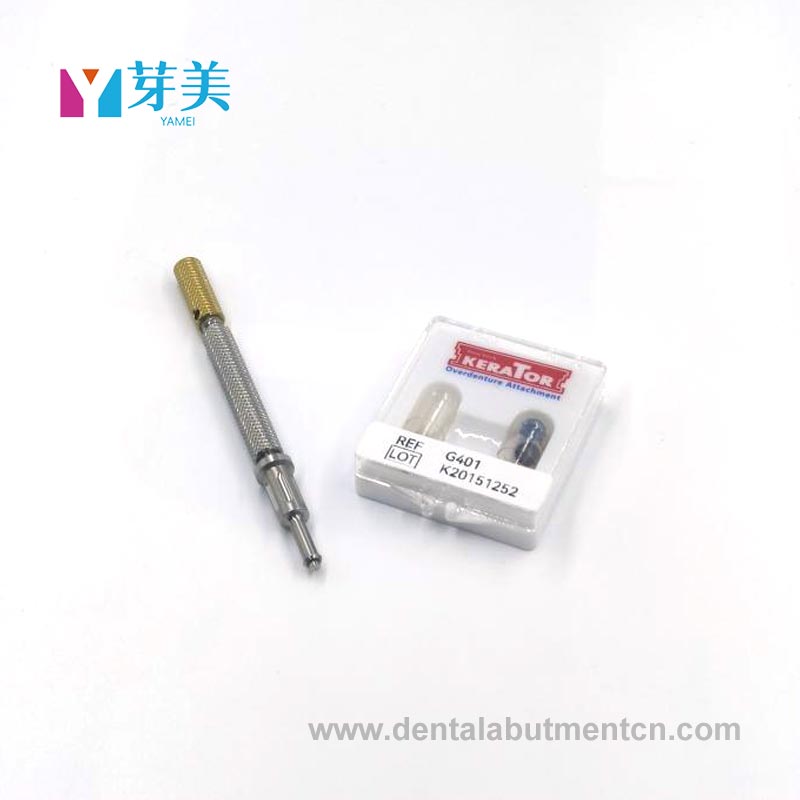Why Are Dental Surgical Aids Essential for Modern Dentistry?
2025-09-12
Dentistry has rapidly evolved from traditional tooth extractions and fillings into a highly specialized branch of medicine that combines precision tools, advanced materials, and minimally invasive techniques. At the center of this transformation lies a wide range of Dental Surgical Aids, which serve as indispensable tools for oral surgeons, implantologists, and general dentists performing surgical interventions.
Dental surgical aids refer to the specialized instruments, devices, and support systems used during oral and maxillofacial procedures. They include instruments for cutting, lifting, drilling, suturing, and bone manipulation, as well as supportive accessories that enhance surgical accuracy, sterility, and efficiency. These aids are designed to improve patient safety, reduce operative time, and ensure predictable clinical outcomes.
One of the defining features of dental surgical aids is their ability to assist practitioners in performing procedures that demand high levels of accuracy. For example, implant placement requires precise measurement of bone density and angulation. Without surgical guides, drills, and implant-related instruments, the procedure could become inconsistent, leading to implant failure. Likewise, periodontal surgeries, tooth extractions, bone grafting, and maxillofacial reconstructions all rely on surgical aids to minimize risks while maximizing success rates.
Additionally, dental surgical aids are developed with ergonomics in mind, helping dentists work with less strain while ensuring patient comfort. From micro-surgical blades to bone chisels and retractors, each instrument is manufactured with medical-grade materials such as stainless steel or titanium, ensuring durability and sterilization safety.
This combination of functionality, precision, and safety makes dental surgical aids indispensable for modern dentistry. They not only enhance clinical efficiency but also directly impact patient satisfaction, recovery time, and the overall quality of care.
Key Parameters and Specifications of Dental Surgical Aids
When selecting surgical aids, professionals must evaluate their technical specifications carefully. Choosing the right instruments affects surgical efficiency, procedural success, and long-term results for patients. Below is a structured overview of essential parameters for dental surgical aids:
| Parameter | Details |
|---|---|
| Material | Stainless steel, titanium, or medical-grade alloys for durability and sterilization safety |
| Design Precision | Micro-sharpened edges, ergonomic grips, and anti-slip coatings |
| Functionality | Specific to procedure: extraction forceps, elevators, bone chisels, drills, retractors, suturing instruments |
| Sterilization Compatibility | Autoclave-ready, corrosion-resistant, and capable of repeated sterilization |
| Weight & Balance | Lightweight for reduced hand fatigue, balanced for steady handling |
| Size Variants | Available in multiple dimensions for adult and pediatric patients |
| Surface Finish | Mirror-polished or matte for better visibility and reduced glare |
| Durability | High resistance to wear, bending, and fracture |
In addition to the above technical details, many surgical aids now incorporate digital integration. For instance, implant guides can be digitally designed and manufactured using CAD/CAM technology, allowing for customized patient-specific solutions. Drills and burs often come with depth markings, which help practitioners achieve consistent bone preparation.
Modern dental surgical aids also prioritize infection control. Instruments are manufactured with smooth surfaces to prevent biofilm buildup and to withstand repeated sterilization cycles without compromising structural integrity. Moreover, some instruments come with color-coded identification systems, enabling dentists to organize surgical sets more efficiently.
By understanding and evaluating these parameters, practitioners can select surgical aids that align with the demands of their clinical practice. The right instruments translate into higher precision, smoother workflow, and better patient outcomes.
Why Dental Surgical Aids Improve Clinical Outcomes and Patient Experience
The integration of dental surgical aids into clinical practice is not only about efficiency—it directly enhances the quality of treatment patients receive. There are several ways these aids improve outcomes and patient experiences:
Precision and Predictability
Dental surgical procedures often involve millimeter-level precision. For example, when placing dental implants, a miscalculation of just 1–2 mm could affect prosthetic alignment or compromise adjacent anatomical structures like nerves and sinuses. Surgical guides, depth-calibrated drills, and accurate elevators ensure that the procedure remains consistent and predictable.
Reduced Surgical Time
Time is a crucial factor in both clinical performance and patient comfort. High-quality surgical aids are designed to streamline workflows, allowing dentists to perform extractions, suturing, or bone manipulation faster and with fewer complications. This not only shortens chair time for patients but also reduces fatigue for clinicians.
Minimally Invasive Procedures
Advanced surgical instruments allow for smaller incisions and gentler tissue manipulation, leading to faster healing and reduced postoperative discomfort. Retractors with smooth edges, microsurgical scissors, and atraumatic forceps minimize trauma to surrounding tissues.
Enhanced Sterility and Safety
Sterilization-compatible surgical aids reduce the risk of cross-contamination and infections. This is critical in a medical environment where infection control remains a top priority. Patients are increasingly aware of clinical safety, making high-standard surgical instruments a reflection of professionalism and trustworthiness.
Long-Term Patient Benefits
The use of surgical aids translates to fewer postoperative complications, better bone integration for implants, and overall higher satisfaction. Patients who undergo procedures with advanced instruments tend to experience smoother recoveries and more reliable long-term outcomes.
Professional Credibility
Clinics equipped with modern surgical aids reflect higher levels of expertise and professionalism. Patients often associate state-of-the-art instruments with advanced treatment quality, leading to stronger reputation and higher patient trust.
Common Questions About Dental Surgical Aids
FAQ 1: What types of procedures require dental surgical aids?
Dental surgical aids are used in a wide variety of procedures, including tooth extractions, dental implant placement, bone grafting, periodontal surgeries, and oral reconstructions. They provide the precision and efficiency needed to ensure each procedure is safe, accurate, and effective.
FAQ 2: How do dental surgical aids improve patient recovery?
By enabling minimally invasive techniques and reducing surgical trauma, dental surgical aids help shorten healing time, minimize swelling, and lower the risk of complications. Their precision design ensures tissues are handled gently, which enhances patient comfort and speeds up recovery.
The advancement of modern dentistry relies heavily on the availability and effectiveness of Dental Surgical Aids. These instruments are not just accessories—they are essential components that shape surgical outcomes, patient recovery, and overall treatment success. By choosing surgical aids with the right parameters such as durability, ergonomics, and sterilization compatibility, dental professionals can elevate their practice and provide world-class care.
At Yamei, we are committed to delivering high-quality dental surgical aids that meet international standards and support dental professionals in achieving the best results for their patients. Our extensive product range is designed to combine durability, precision, and patient safety, making us a trusted partner in clinical success.
If you are seeking reliable and advanced dental surgical aids tailored to your practice needs, contact us today and discover how Yamei can support your journey toward excellence in dentistry.



